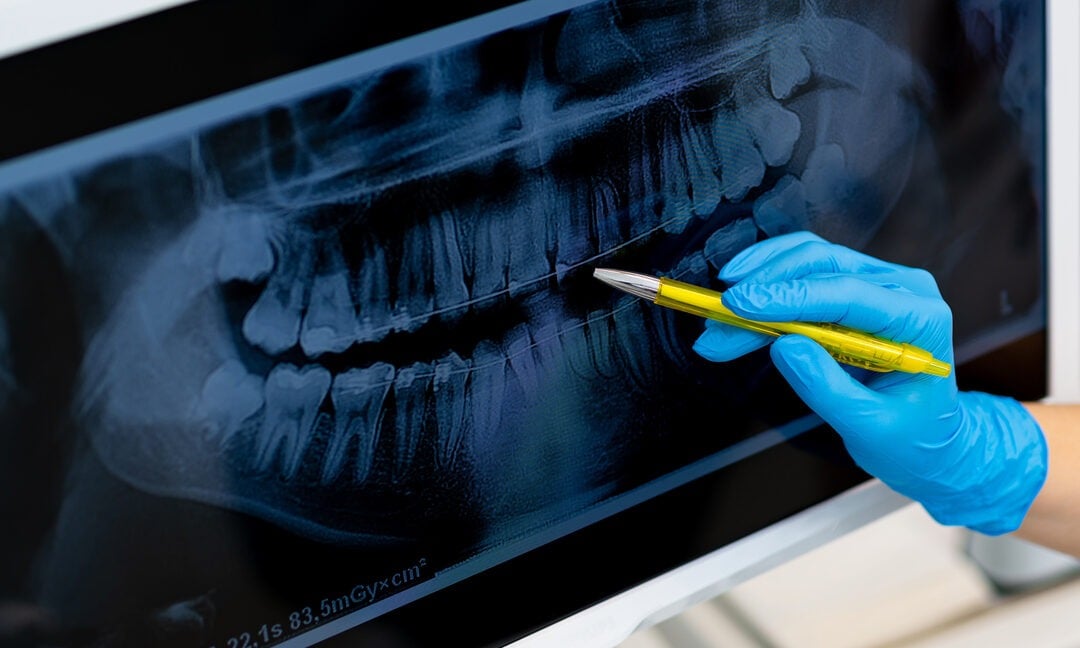The Benefits of Normal Checkups to a Dentist Eugene Oregon
The Benefits of Normal Checkups to a Dentist Eugene Oregon
Blog Article
Learn More About Constant Dental Issues Your Dental Practitioner Can Deal With
Comprehending regular dental issues is vital for keeping ideal oral health and wellness. Problems such as cavities, gum disease, tooth level of sensitivity, negative breath, and tooth degeneration are typical yet typically overlooked until they end up being severe. Routine oral sees and customized care strategies can resolve these issues efficiently, guaranteeing a healthier and brighter smile.
Tooth Cavities
Dental caries, additionally recognized as tooth decays, are a widespread dental health issue triggered by the demineralization of tooth enamel because of acid manufacturing from microbial plaque. This procedure starts when bacteria in the mouth metabolize sugars and starches from food, creating acids that wear down the enamel. Otherwise resolved without delay, this erosion can pass through much deeper right into the tooth, influencing the dentin and ultimately the pulp, possibly resulting in serious discomfort and infection.
The onset of dental caries development commonly existing as white places on the tooth surface, showing initial demineralization. As the procedure progresses, these areas can turn into black or brownish sores, indicating a lot more comprehensive decay. Routine oral exams are vital for very early discovery, as dental caries in their incipient stages can be treated with remineralization strategies, such as fluoride therapies.
As soon as a tooth cavity has developed, corrective treatment is needed. Dentists typically eliminate the decayed portion of the tooth and load the cavity with materials such as composite resin, amalgam, or ceramic. In extra severe situations, a crown or origin canal therapy may be called for. Preventative procedures, including good dental hygiene techniques and nutritional modifications, play a pivotal function in mitigating the threat of cavities.
Gum Disease
While cavities stand for a substantial worry for oral wellness, an additional essential issue that demands focus is periodontal condition. Also called gum illness, periodontal illness is an inflammatory condition influencing the tissues surrounding and supporting the teeth. It is mainly caused by the buildup of plaque-- a sticky film of germs that forms on teeth.
Gum tissue disease proceeds with stages, beginning with gingivitis, identified by inflammation, swelling, and hemorrhaging periodontals (dentist in eugene oregon). If left unattended, gingivitis can escalate to periodontitis, where the inner layer of the gum and bone retreat from the teeth, creating pockets that become contaminated. In time, the toxins created by the germs break down the bone and connective cells that hold teeth in position, possibly resulting in missing teeth
Early detection and treatment are important. Professional oral cleanings and enhanced dental health practices, such as brushing two times everyday and flossing, can take care of gingivitis. For advanced stages, treatments might consist of scaling and origin planing, prescription antibiotics, or also surgical treatments.
Routine dental exams play a crucial role in stopping and managing gum tissue illness. Dental practitioners can determine very early signs and advise suitable interventions, making certain the maintenance of healthy and balanced periodontals and overall dental wellness.
Tooth Level Of Sensitivity
Tooth sensitivity influences numerous individuals worldwide, offering a common yet commonly traumatic oral problem. This condition emerges when the enamel, the outer protective layer of the directory teeth, is compromised, disclosing the underlying dentin. The dentin contains microscopic tubules that lead straight to the oral pulp, where nerves reside. When revealed to stimuli such as warm, cool, pleasant, or acidic compounds, these nerves are triggered, creating sharp discomfort or pain.
Numerous elements add to enamel erosion and succeeding tooth sensitivity, consisting of aggressive cleaning, acidic foods and beverages, periodontal recession, and bruxism (teeth grinding) In addition, oral procedures such as teeth bleaching can momentarily heighten level of sensitivity.
Halitosis
Another widespread dental worry that affects people' day-to-days live misbehaves breath, medically termed halitosis. This problem can be particularly traumatic, influencing personal interactions and self-esteem. Bad breath frequently stems from poor dental health, which enables food bits to stay in the mouth, promoting microbial development. These germs produce sulfur substances, bring about unpleasant odors.

Recommendations may include enhancing dental health techniques, such as regular brushing and flossing, using antibacterial mouthwashes, remaining hydrated, and addressing any oral problems. Efficient administration of bad breath not just improves dental health and wellness yet additionally dramatically boosts top quality of life.
Dental Caries

Protecting against tooth degeneration includes a combination of excellent dental health methods and regular oral examinations. Cleaning teeth at the very least twice daily with fluoride tooth paste, flossing to get rid of plaque in between teeth, and limiting the intake of sweet foods and drinks are crucial safety nets. Fluoride therapies, dental sealants, and expert cleansings supplied by a dentist can additionally play a considerable duty in fortifying enamel and protecting against decay.
When dental caries happens, early treatment is key. Dental experts can remove corroded tissue and bring back the tooth with dental fillings made from materials such as composite material, amalgam, or porcelain. In more sophisticated instances, treatments like crowns, origin canals, or extractions may be required. By resolving tooth decay without delay, dentists assist preserve dental framework and feature, guaranteeing long-lasting dental health.
Final Thought
Attending to common dental worries such as dental caries, gum tissue disease, tooth sensitivity, poor breath, and dental cavity is critical for preserving optimal dental health and wellness and general health. Dentists possess the competence to detect and deal with these problems effectively, making certain customized take care of each person. Regular precautionary procedures and oral examinations are essential in determining and taking care of these problems early, advertising a much healthier and a lot more positive smile over a lifetime.

Tooth decay, also recognized as dental cavities, happens when the enamel, the outermost layer of the tooth, is worn down by acids generated by germs in the mouth. Brushing teeth at the very least twice daily with fluoride toothpaste, flossing to get rid of plaque in between teeth, and limiting the consumption of sweet foods and drinks are important preventive actions.Attending to common oral concerns such as dental caries, gum condition, tooth sensitivity, negative breath, and tooth decay is critical for preserving optimum oral wellness and total wellness.
Report this page